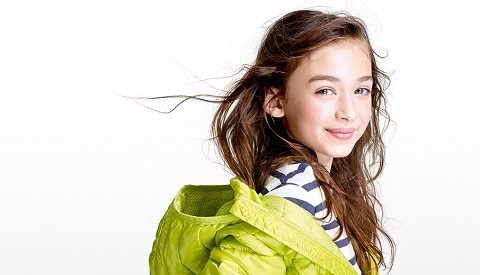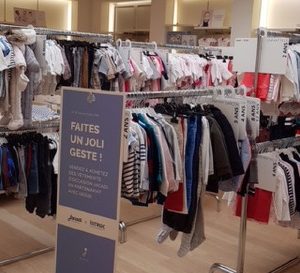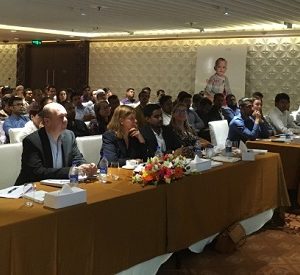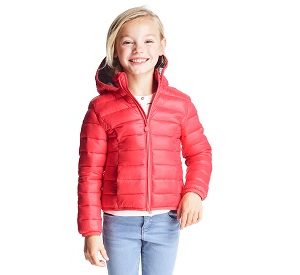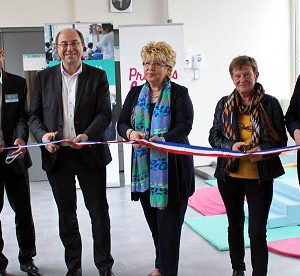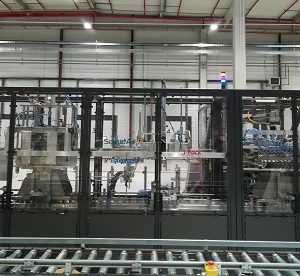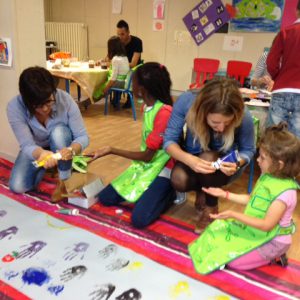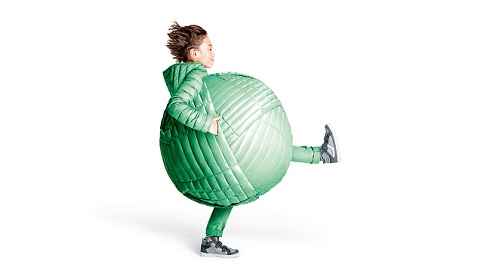

Since it was founded in 1996, Okaïdi has endeavoured to put sustainable development at the heart of its corporate activities. Getting its products right was essential, starting with choosing environmentally responsible raw materials.
Producing affordable products with low environmental impact was an ambitious challenge but made perfect sense as part of the ÏDKIDS business model. All of the member brands are committed to it. As schools prepare to go back, let’s take a look at some of the measures already taken by Okaïdi.
Which responsible materials are worth adopting?
Materials are considered environmentally-friendly if their production requires less natural resources and energy and if they are recyclable and recycled.
Cotton
Cotton is the material mums prefer for their children as it is plant-based and robust. It is the main raw material used in Okaïdi’s collections.
Growing, ginning, packing, transporting, storing and otherwise producing cotton generates 350 million jobs all over the world. There are more than 100 million family farms whose sole income is derived from cotton. These small farms help reduce food insecurity as cotton is a more stable and less speculative source of income than other types of produce such as food crops, allowing families to save and invest. This also means its producers can grow and expand their operations.
Unfortunately, conventional cotton production is one of the most polluting industries in the world, mainly because it uses so much water and requires a lot of insecticide and herbicide.
Okaïdi thus chose to use more responsibly produced cotton, i.e. environmentally-friendly and socially responsible cotton whose production:
- Is GMO-free.
- Uses less water.
- Restricts the use of chemicals such as fertilizers, herbicides, pesticides and insecticides.
- Is profitable for the producer.
- Respects human and labour rights.
Polyester
A hard-wearing, crease-resistant, stretch fabric that won’t felt, polyester can stand up to the rough treatment children hand out to their clothes. It is the other main fabric used by Okaïdi.
This easy-care material does not need to be washed so often, can be washed at a lower temperature and reduces the need for ironing. These are good habits that anyone can adopt to reduce the impact of textiles on the environment.
Polyester is made from petrol, so Okaïdi decided to use recycled polyester made from plastic bottles and recycled plastic for certain items to help reduce the amount of petrol used and waste produced. For instance, recycled polyester was used for down jacket fillings in the 2017 Winter collection.
Sustans®
Sustans® fibre is made from renewable, partly plant-based components and is an excellent alternative to feathers for filling parkas and down jackets. It is produced by fermenting corn, which uses 30% less energy and therefore reduces greenhouse gas emissions. Because Sustans® by DuPont Sorona (made from renewable plant-based components) is used to fill Okaïdi parkas, these products are kinder to the planet. They are also thermoregulating, which means they retain and regulate body heat to guarantee comfort and protection whatever the weather.
Who works with Okaïdi on this?
Okaïdi is committed to progress and is working with accredited third parties to improve its environmental and social credentials:
- The Better Cotton Initiative aims to make world cotton production more responsible to benefit those who produce it, the environment it is grown in and the future of the textile industry.
- OEKO-TEX® is a label that has strict guidelines to limit the use of harmful substances in the production chain. It is mainly used for Okaïdi’s bed linen.
- The factory that supplies Okaïdi with its recycled polyester complies with the Global Recycle Standard. This certification is awarded by an independent body and guarantees that a given product is made from recycled material.
- REPREVE recycles plastic bottles and waste and turns them into textiles. On average, 30% of the recycled polyester in Okaïdi’s products is REPREVE polyester. As a result of this global initiative, Okaïdi has recycled the equivalent of 10 million bottles.
The upshot?
Responsible cotton
- In 2015, Okaïdi only used conventional cotton.
- By the end of 2016, 30% of the cotton used in its collections was sourced through the Better Cotton Initiative.
- By the end of 2017, 50% of the cotton used in its collections will be sourced through the Better Cotton Initiative.
- By 2020 Okaïdi aims to procure 100% of its cotton from responsible sources such as the BCI and organic farming.
Organic cotton
This cotton is primarily used by Obaïbi for its baby clothing (mainly T-shirts, bodysuits and underwear). It made up 28% of the baby sleepwear featured in its Winter 2017 collection.
Recycled polyester
For the Spring-Summer 2017 and Autumn-Winter 2017-18 collections, 90% of Okaïdi and Obaïbi padded sleeved clothing (e.g. parkas and down jackets) will be made using a recycled polyester fill.
Sustans®
Okaïdi has produced four exclusive products containing this fibre: two down jackets for Autumn-Winter 2016 and two new products for 2017.
